A Practical Guide to Integrating a Crypto API into Your App or Website
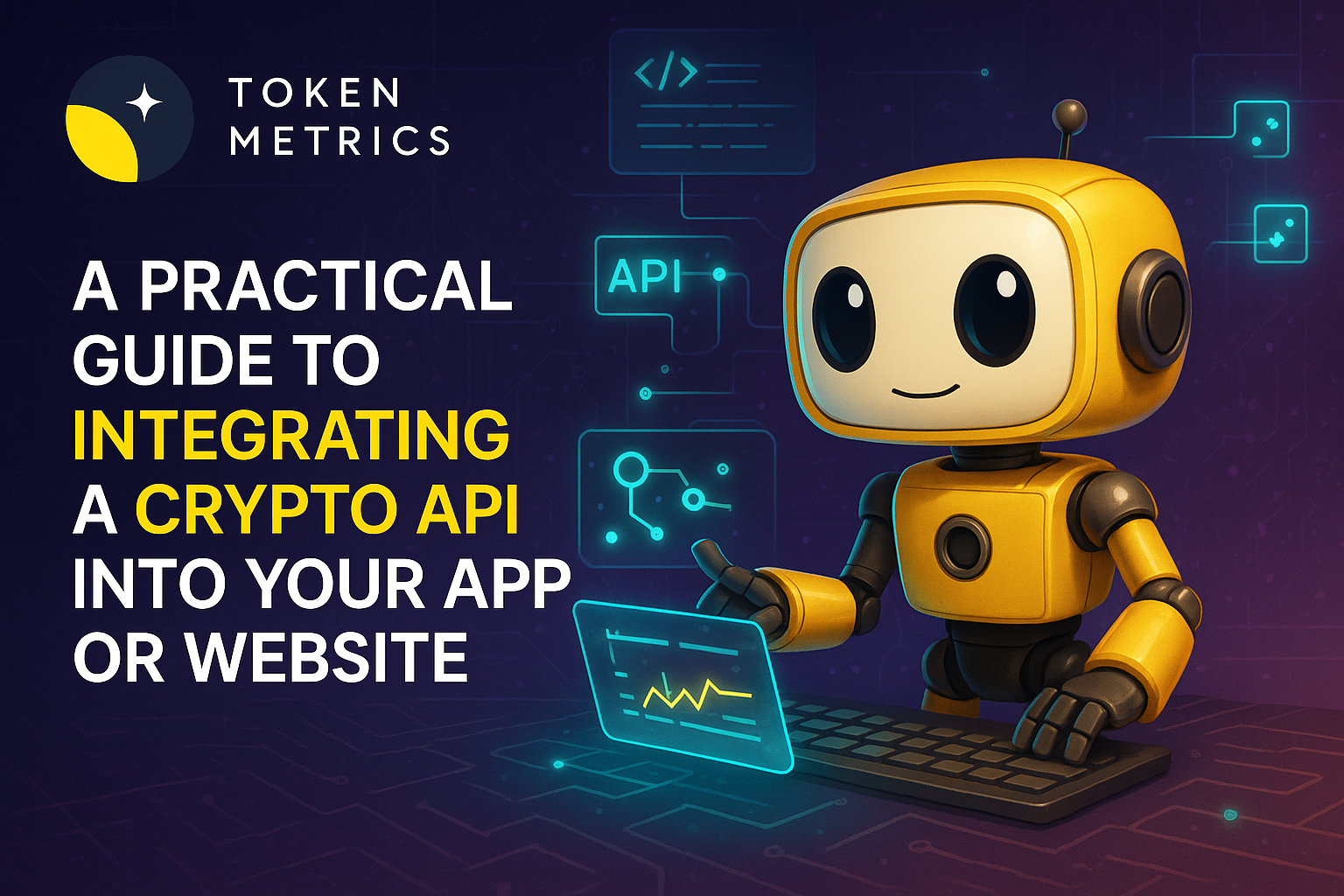
Cryptocurrency continues to reshape digital finance, but harnessing its potential in your apps or websites starts with reliable data and functional integrations. Whether you’re building a trading dashboard, NFT platform, or analytics tool, crypto APIs can help your users interact with blockchain data in real time. But what exactly is involved in integrating a crypto API, and which best practices should developers follow to ensure security and scalability?
What Is a Crypto API?
A crypto API (Application Programming Interface) enables your application to access blockchain data—such as prices, market statistics, trading signals, wallets, or transactions—without running a full node. These APIs expose services from exchanges, data aggregators, or specialized blockchain infrastructure providers, offering an efficient way for developers to query real-time or historical information about one or many cryptocurrencies.
Key types of crypto APIs include:
- Market Data APIs: Deliver up-to-date price, volume, and order book data from multiple exchanges.
- Trading APIs: Enable trade execution, portfolio monitoring, and account management on supported platforms (requires authentication).
- Blockchain Explorer APIs: Fetch detailed wallet, block, and transaction data directly from public blockchains.
- On-chain Analytics APIs: Provide insights into address activity, token flows, and DeFi metrics for smarter analysis and research.
Steps to Integrate a Crypto API Into Your App or Website
Integration complexity depends on your project’s requirements, the data you need, and your tech stack. Below is a streamlined process you can follow:
- Identify Your Use Case: Define whether you need price feeds, transaction history, wallet data, or on-chain analytics. This will narrow down your API options.
- Choose a Reputable API Provider: Compare providers based on documentation clarity, data coverage, latency, uptime, security, and cost. Leading options include Token Metrics API, CoinGecko, CoinMarketCap, Alchemy (for blockchain data), and others.
- Register for an API Key: Most APIs require authentication via a key. Signing up typically takes minutes and often involves picking a free or paid plan depending on volume needs.
- Study Documentation and SDKs: Review API endpoints, request/response models, limits, and code samples. Many providers offer SDKs and libraries for popular languages like Python, JavaScript, and Java.
- Integrate Into Your App: Use HTTP requests (REST or WebSocket) on the backend or frontend. Always keep API keys secure (never expose them client-side in public apps).
- Handle Responses and Edge Cases: Validate all incoming data before displaying or using it. Implement error handling for issues like rate limits, network errors, or service downtime.
- Monitor Usage and Optimize: Track API consumption and response times. As your app grows, consider caching strategies or upgrading your plan for higher throughput.
Popular Use Cases for Crypto APIs
With new blockchain protocols and DeFi innovations, crypto APIs serve a growing variety of development scenarios, including:
- Real-Time Market Dashboards: Aggregate live crypto asset prices, volumes, and charts for traders and investors.
- Portfolio Trackers: Show users up-to-date balances and value changes on connected wallets or exchange accounts.
- Token Price Alerts: Trigger notifications based on user-defined price movements or market signals.
- Analytics and Research Tools: Provide on-chain metrics, sentiment analysis, or token scoring using APIs offering deeper analytics.
- Decentralized Apps (DApps): Power smart contracts, DeFi analytics, or NFT galleries with blockchain state data.
Security Best Practices for Crypto API Integration
Integrating financial APIs brings unique security and privacy considerations. To safeguard both your application and its users, adopt the following best practices:
- Keep API Keys Private: Store keys in secure backends or environment variables. Never hard-code secrets or expose them in browser-side code.
- Enforce Least Privilege: Only request the minimum data and permissions needed for your use case.
- Use HTTPS Endpoints: Always communicate over secure channels to prevent exposure of risk-sensitive data.
- Validate and Sanitize Data: Carefully check all incoming data for integrity and format before processing in your app.
- Monitor for Abuse or Anomalies: Track API activity, control rate limits, and be alert for suspicious behavior or excessive usage.
Measuring Quality and Performance of Crypto APIs
Not all crypto APIs are built the same. To ensure seamless user experience and reliability for your app or site, regularly assess:
- Uptime and Latency: Higher uptime and low latency mean data is available when you need it most, especially for trading or arbitrage applications.
- Data Breadth and Accuracy: Choose APIs that cover the assets, exchanges, and protocols relevant to your target audience—and that keep up with rapid market evolution.
- Support and Documentation: Responsive support teams and thorough documentation can save substantial development time and headaches.
- Scalability: As your application scales, verify that your API can handle increased load without causing bottlenecks or failing to deliver data on time.
Build Smarter Crypto Apps & AI Agents with Token Metrics
Token Metrics provides real-time prices, trading signals, and on-chain insights all from one powerful API. Grab a Free API Key
FAQ: Integrating Crypto APIs Into Apps and Sites
What programming languages can I use with crypto APIs?
Most crypto APIs are RESTful and language-agnostic. Popular options include JavaScript (Node.js), Python, Java, Ruby, Go, and C#. Many providers also supply SDKs for quick setup in these languages.
Are there free crypto API options available?
Yes, many crypto API providers, including Token Metrics, offer free tiers with rate limits suitable for development and testing. For production workloads or higher request volume, upgrading may be necessary.
Can I use a crypto API for real-time trading?
Some APIs allow trade execution and position monitoring, but this requires authentication and additional security considerations. Always follow platform-specific restrictions and compliance requirements when handling trading actions.
How do I choose the best crypto API for my app?
Evaluate APIs based on the data scope, latency, documentation quality, scalability, pricing, and available features such as on-chain analytics or advanced trading signals. Community reviews and support responsiveness are also important factors.
Is integrating crypto APIs secure?
API integration can be secure if you use HTTPS, safeguard your API keys, validate all inputs and outputs, and regularly monitor application and network activity. Following best practices and choosing reputable providers is crucial.
Disclaimer
This article is for informational purposes only. It does not provide investment advice, guarantees of accuracy, or endorse any specific technology, protocol, or strategy. Always conduct your own technical and security due diligence before integrating any third-party services.
Create Your Free Token Metrics Account

.png)




%201.svg)
%201.svg)


%201.svg)



.png)

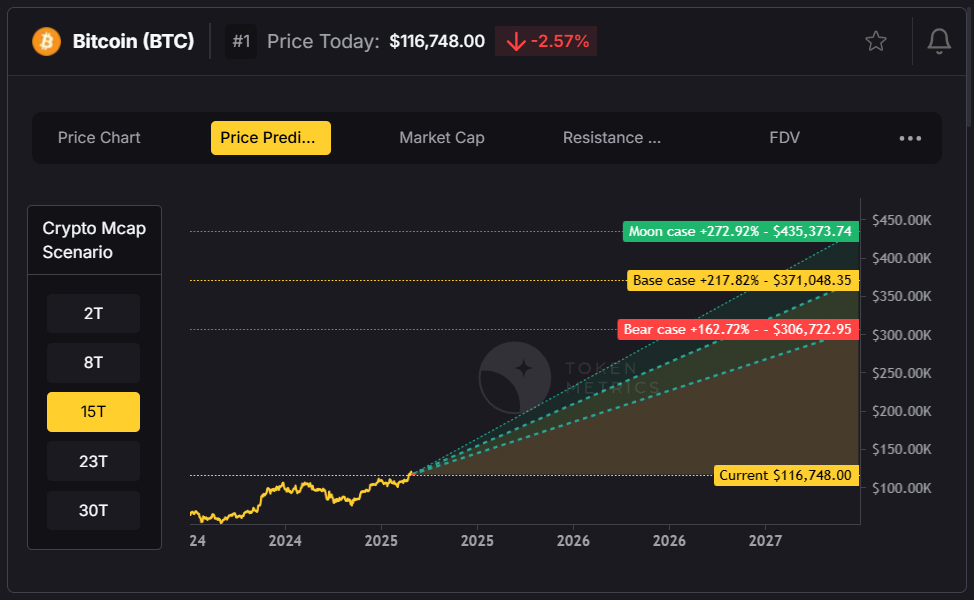


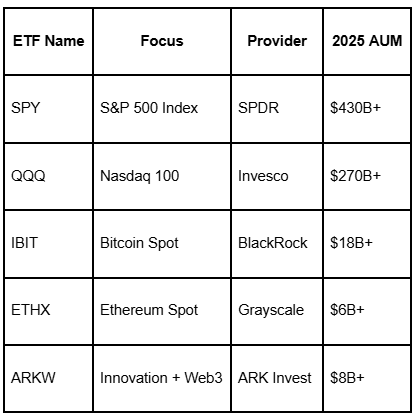
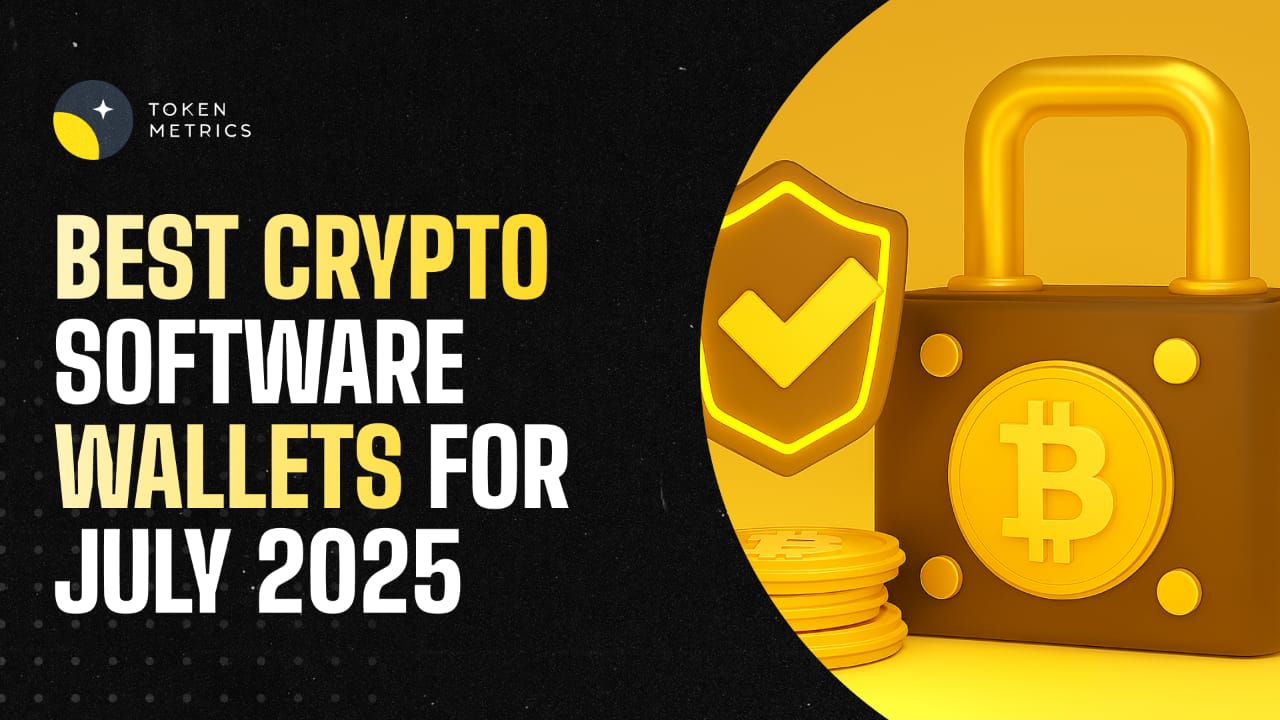



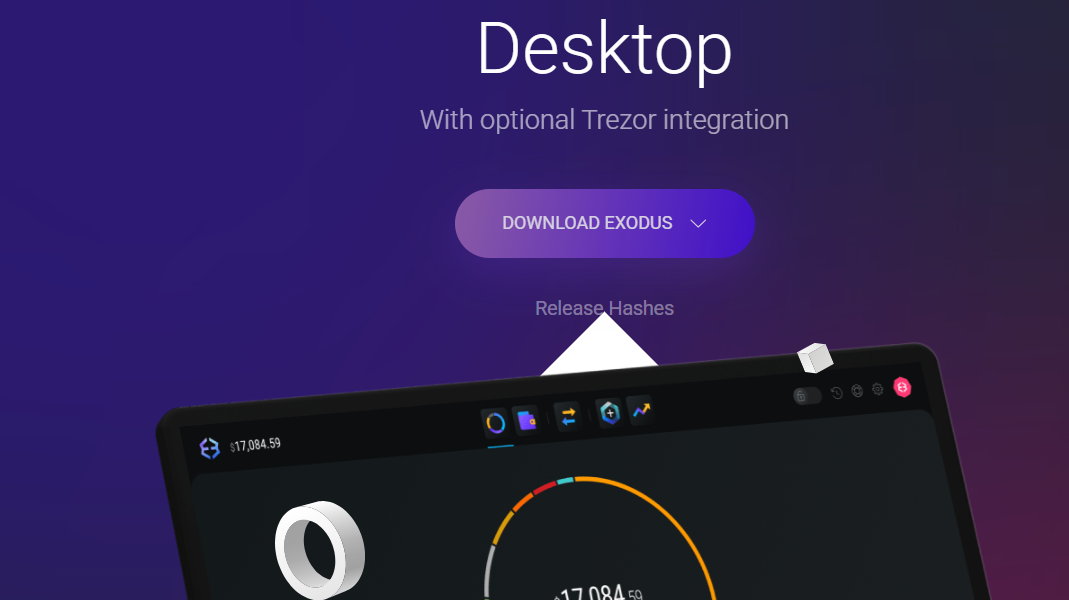
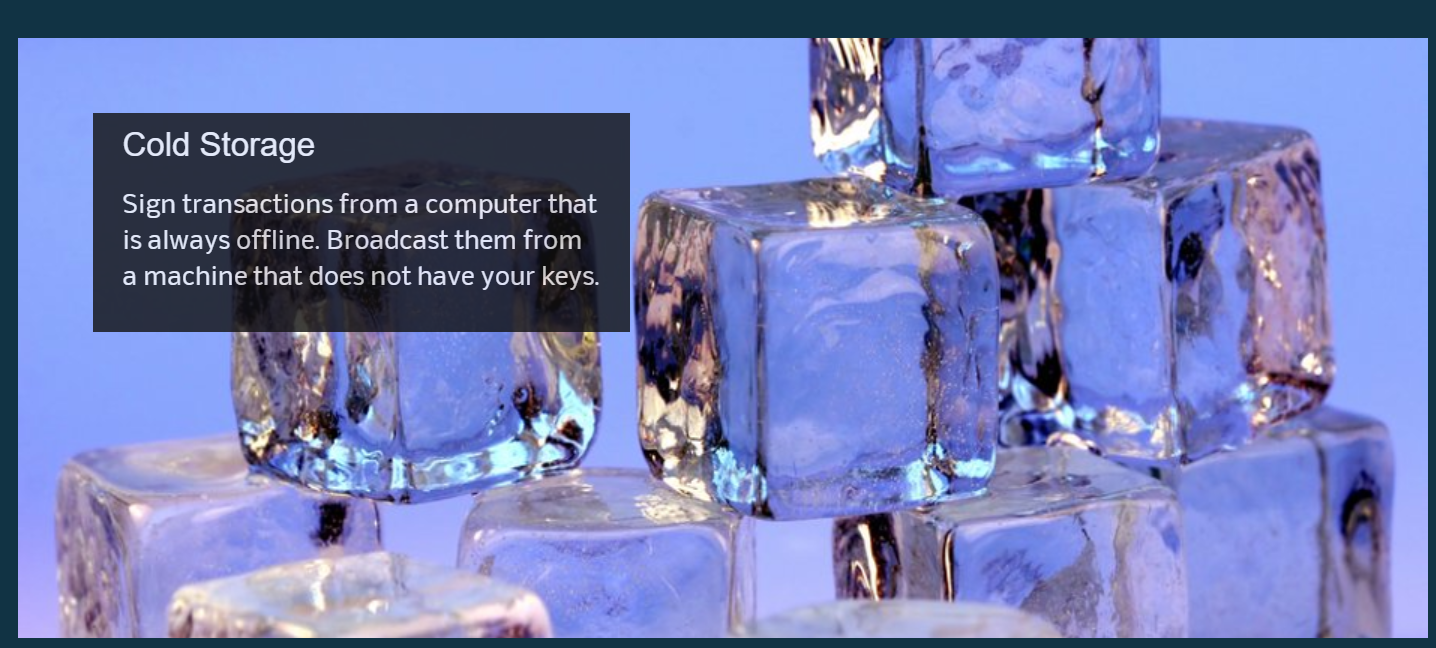


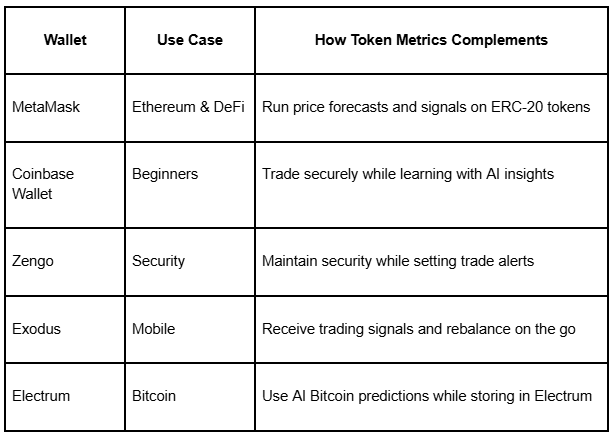
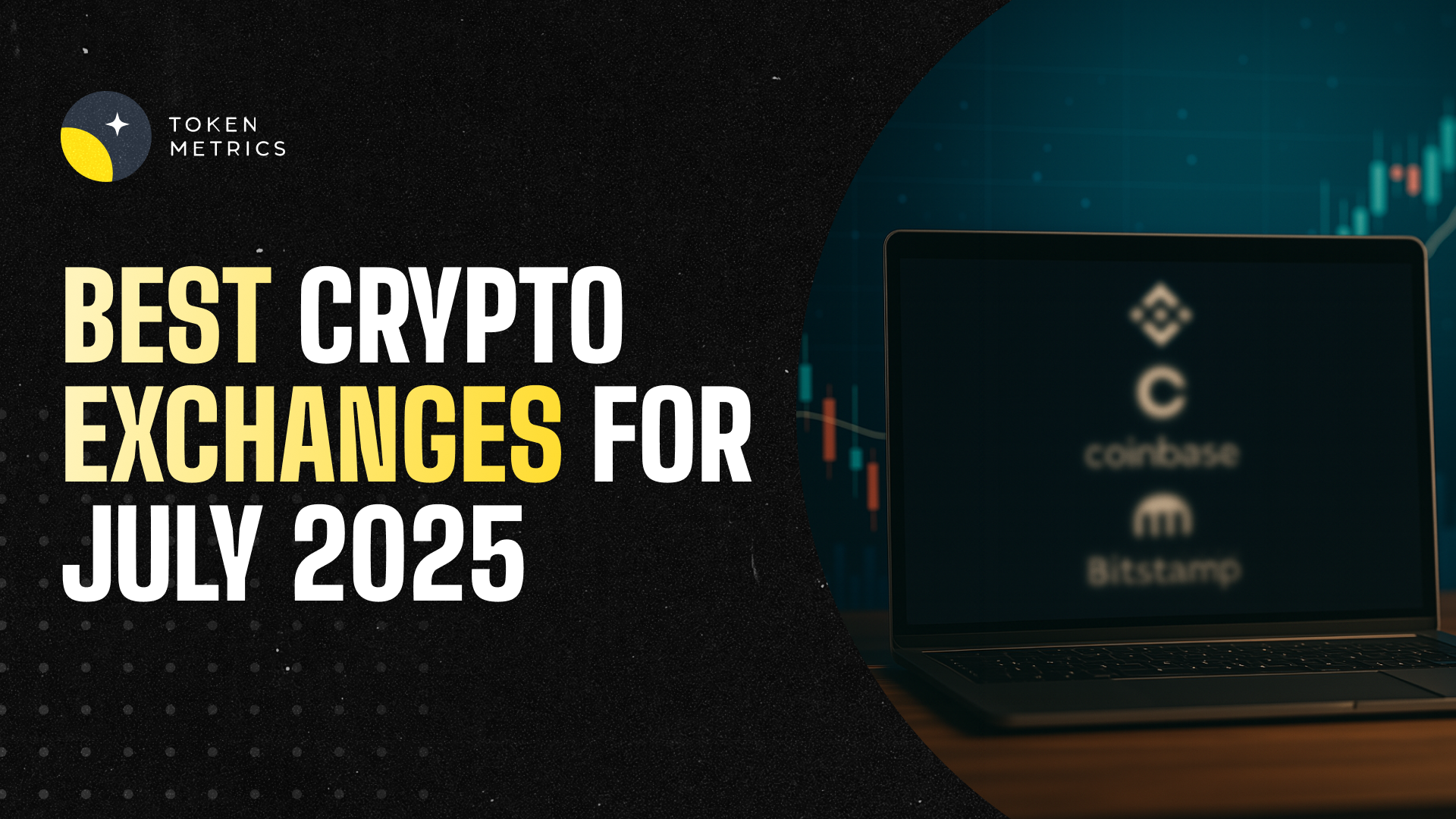
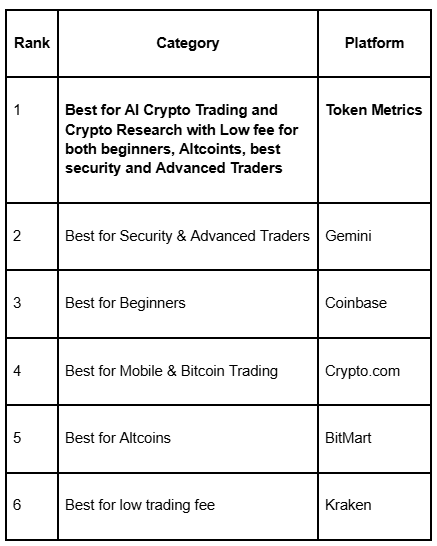




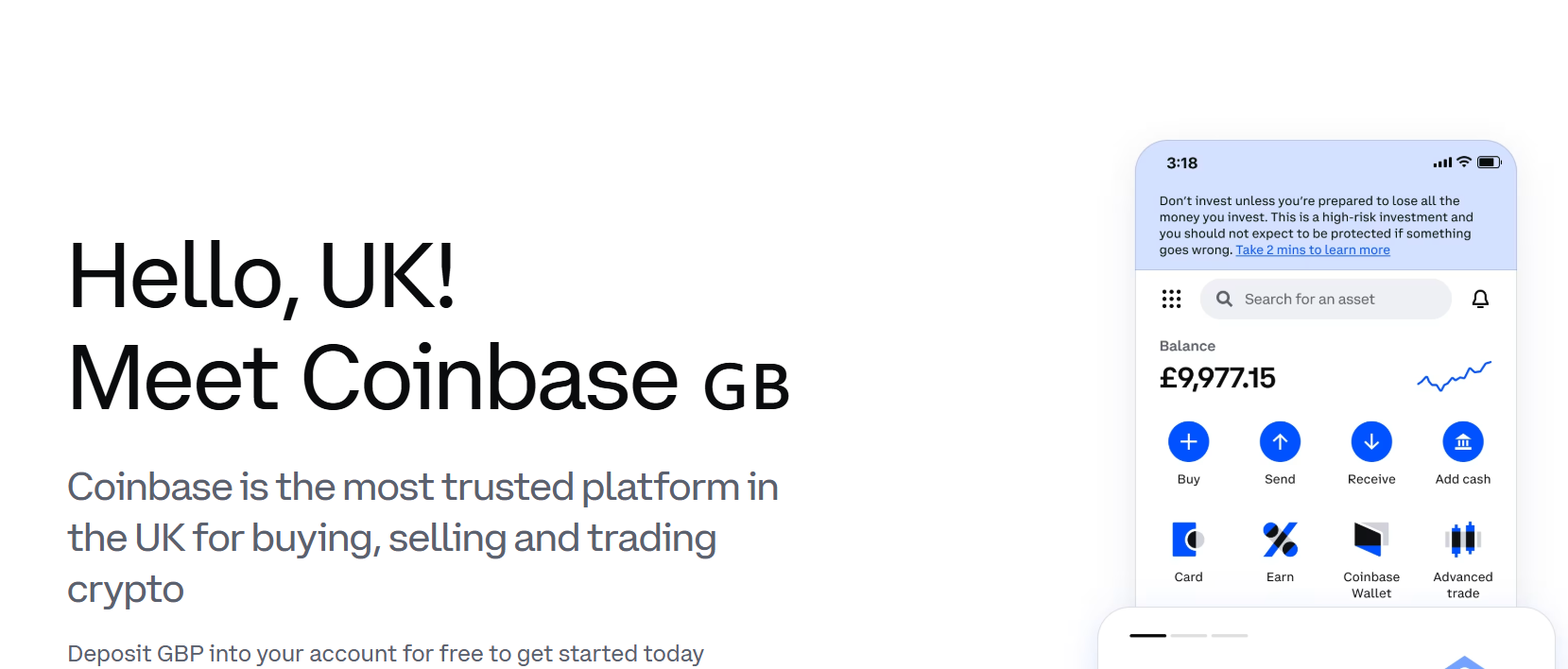
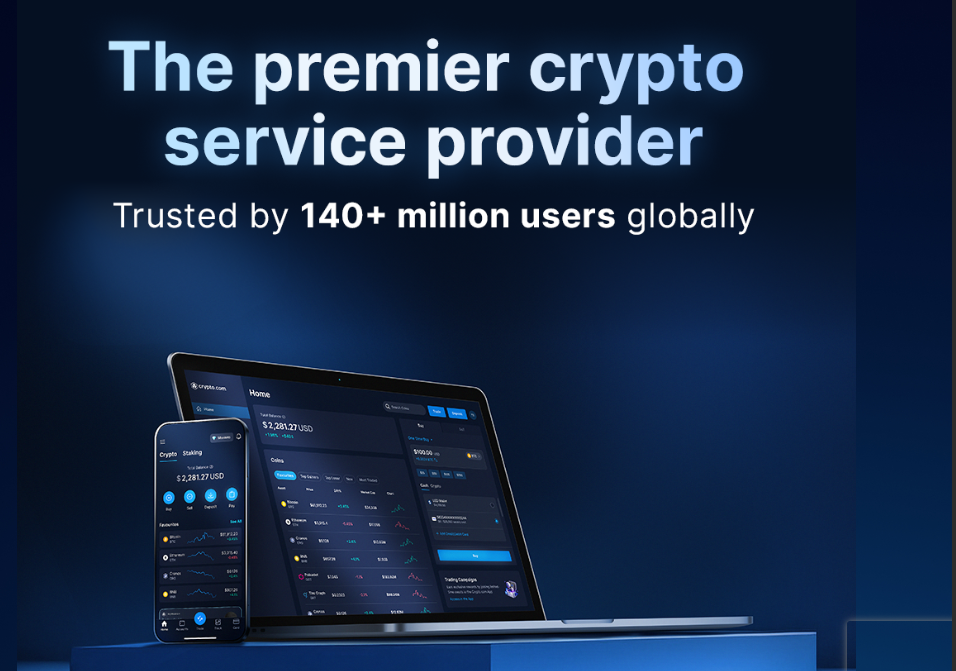
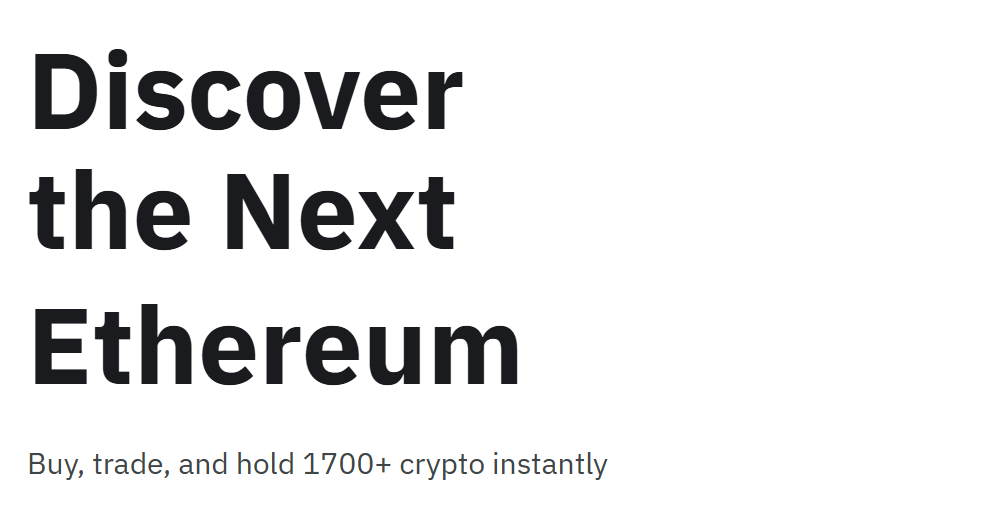
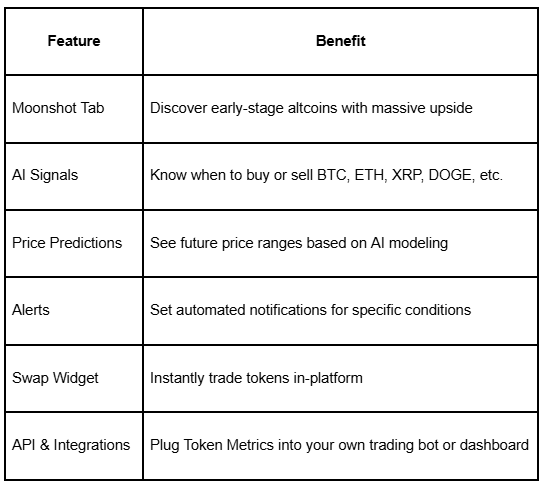




.svg)




.png)